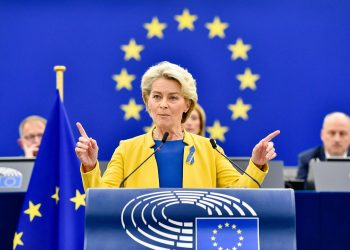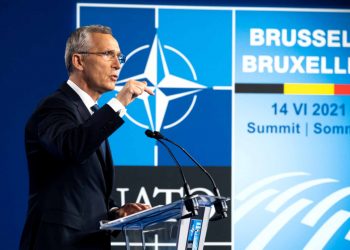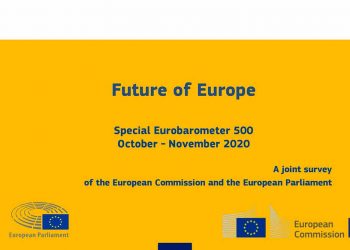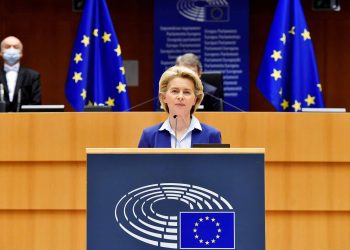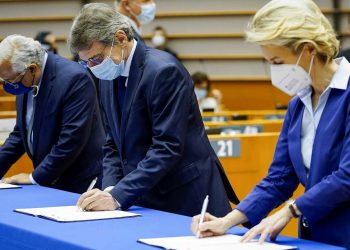Europe debates Westlessness in Munich. The 56th Munich Security Conference took place at Hotel Bayerischer Hof in Munich from February 14 to 16. For three days, Munich was once again at the center of international diplomacy and welcome world leaders from politics, academia, and civil society.
Is the world becoming less Western?
Is the West itself becoming less Western, too? What does it mean for the world if the West leaves the stage to others? What could a joint Western strategy for an era of great power competition look like?
Panel Discussion Eurovision Contest:
A Europe That Protects!
– The Westlessness issue
– Introduction: Andrej Plenković, Prime Minister, Republic of Croatia
– Scene Setting: Zuzana Čaputová, President, Slovak Republic
– Ludovic Orban, Prime Minister, Romania
– Věra Jourová, Vice President for Values and Transparency, European Commission
– Annalena Baerbock, Chairwoman, Alliance 90/The Greens Party; Member of the Committee on Economics and Energy, German Bundestag
– Armin Laschet, Minister President, North Rhine-Westphalia
– Margaritis Schinas, Vice President for Promoting the European Way of Life, European Commission
Moderator: Henrik Enderlein, President, Hertie School of Governance; Director, Jacques Delors Centre
EU debates Westlessness
In recent years, the West as we know it has become contested both from within and from without. A common understanding of what it means to be part of the West is fading. The Munich Security Report 2020, the official primer for this year’s Munich Security Conference, refers to this phenomenon as “Westlessness.” Faced with a new great-power competition and a multitude of crises that require a concerted Western response, what does it mean for the world if the West cannot agree on a common strategy leaves the stage to others?
MSC 2020
The MSC 2020 debates answers and solutions to this fundamental question by examining the European project, defence cooperation, and the liberal international order as a whole. But far from Western navel-gazing, decision-makers and experts from across the globe discussed hotspots from Libya to the Persian Gulf and further to East Asia. Pressing global challenges is a focal point, above all the effects of climate change, but also the intersections of trade and technological progress with international security.
The Munich Security Report 2020 sheds light on the phenomenon that it refers to as “Westlessness” – a widespread feeling of uneasiness and restlessness in the face of increasing uncertainty about the enduring purpose of the West. A multitude of security challenges seem to have become inseparable from what some describe as the decay of the Western project. What is more, Western societies and governments appear to have lost a common understanding of what it even means to be part of the West. Although perhaps the most important strategic challenge for the transatlantic partners, it appears uncertain whether the West can come up with a joint strategy for a new era of great-power competition.
In this context, the Munich Security Report 2020 provides an overview of major security policy challenges and features insightful data and analyses across selected geographic and thematic spotlights. In addition to its role as a conversation starter for the Munich Security Conference, the report series has also become a go-to resource for security professionals and the interested public around the world. The previous report was downloaded more than 30,000 times and received widespread coverage in German and international media.
EU debates Westlessness
The discussion on Twitter takes place at #MSCreport and #Westlessness.

